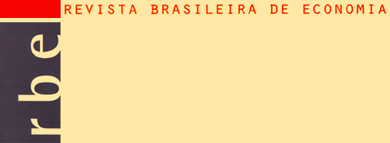We use microdata from the Credit Information System (SCR) of the Central Bank of Brazil to study the relationship between credit default and business cycles. In particular, we study the first part of the argument underlying the discussion about procyclicality related to the Basel II Accord: that recessions might increase credit defaults and have adverse impacts on the losses in portfolios of lender institutions. We explore both time series and cross-sectional variation in the data. Our data on the individual level are composed of retail loan transactions in two modalities-Consumer Credit and Vehicle Financing-from 2003 to 2008. Our results support the idea of a negative relationship between business cycles and credit default, but less strong than suggested in previous studies that use corporate data. We also find low and dispersed default correlations, and smaller losses in Value at Risk (VaR) experiments than those found in the literature. These results may be possibly explained by the fact that, in the retail sector, loans are given to a large number of individuals, which may help to diversify risks.
Procyclicality; Business Cycle; Credit Risk; Basel II Accord















